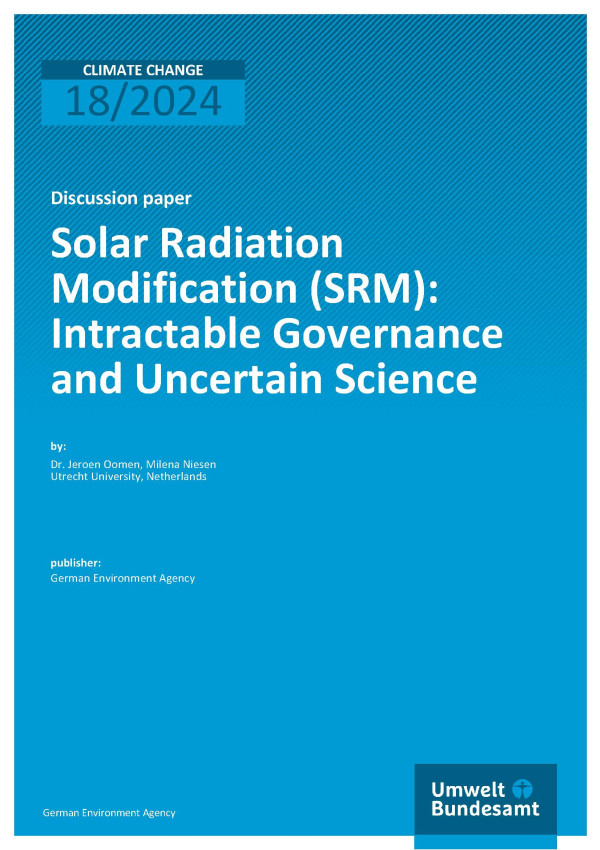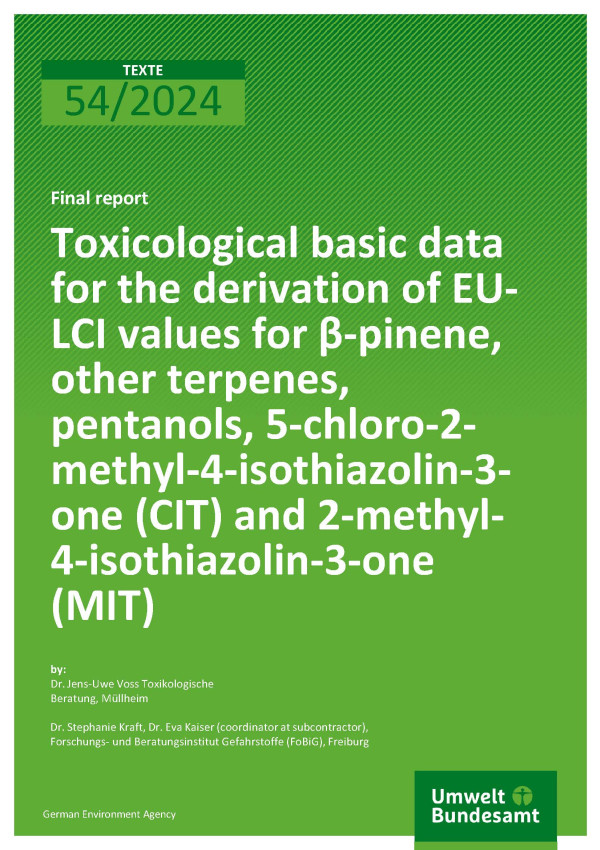
No.: 3/2024Newsletter "UBA aktuell"
Welcome to the new issue of “UBA aktuell”,
Measures for a healthy environment are having an effect, but there is still a lot to do. This summary outlines the findings of the Environmental Monitor 2024, which assesses the state of the environment in Germany. Read more about it in this issue of the newsletter. Other topics include how heat pumps can provide efficient and climate-friendly heating in existing buildings, how the EU is taking action against greenwashing and how effective electrostatic dust separators are in reducing fine dust emissions from wood-burning stoves.
And last but not least; the countdown is on for our anniversary celebration on 15 June in Dessau. At over 50 information stands and hands-on activities for all ages, visitors can find out more about our work and engage with us directly.
We hope you find it an interesting read
The Press Office of the German Environment Agency

























